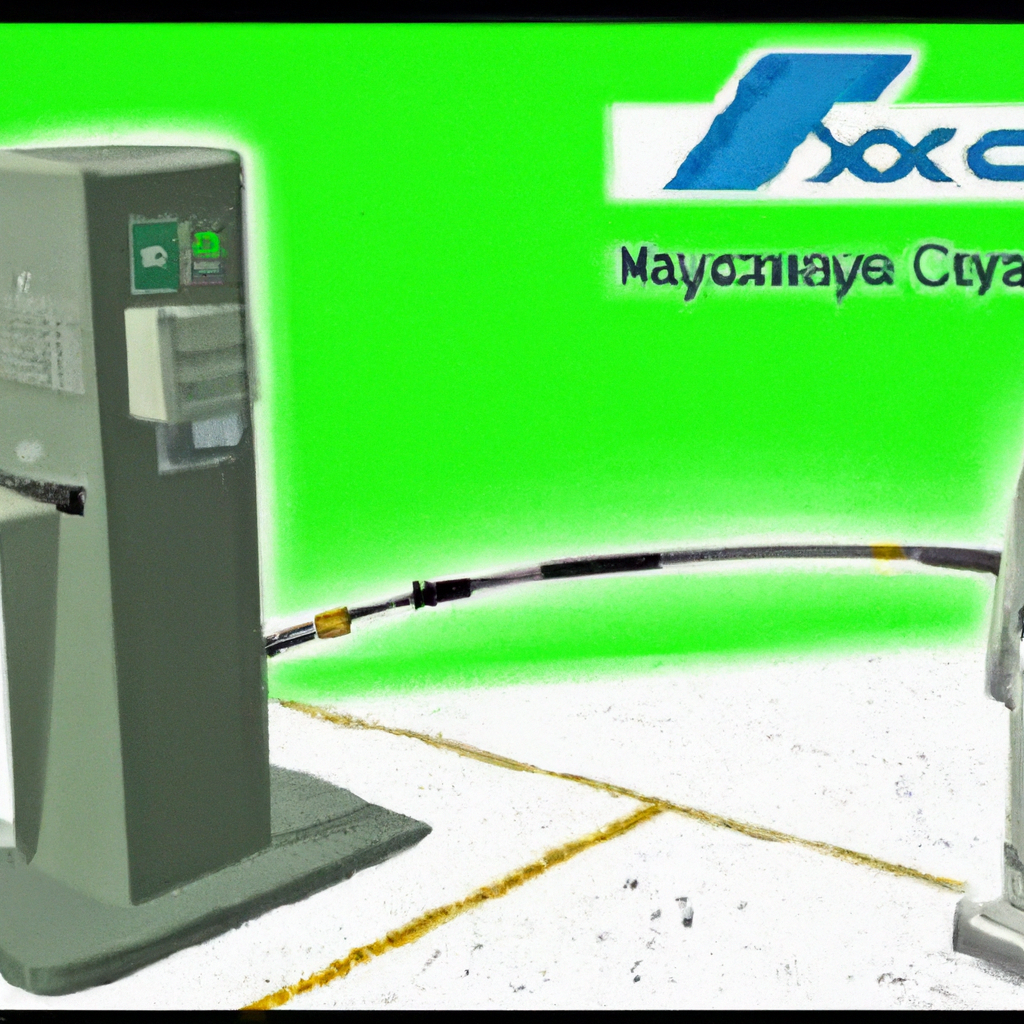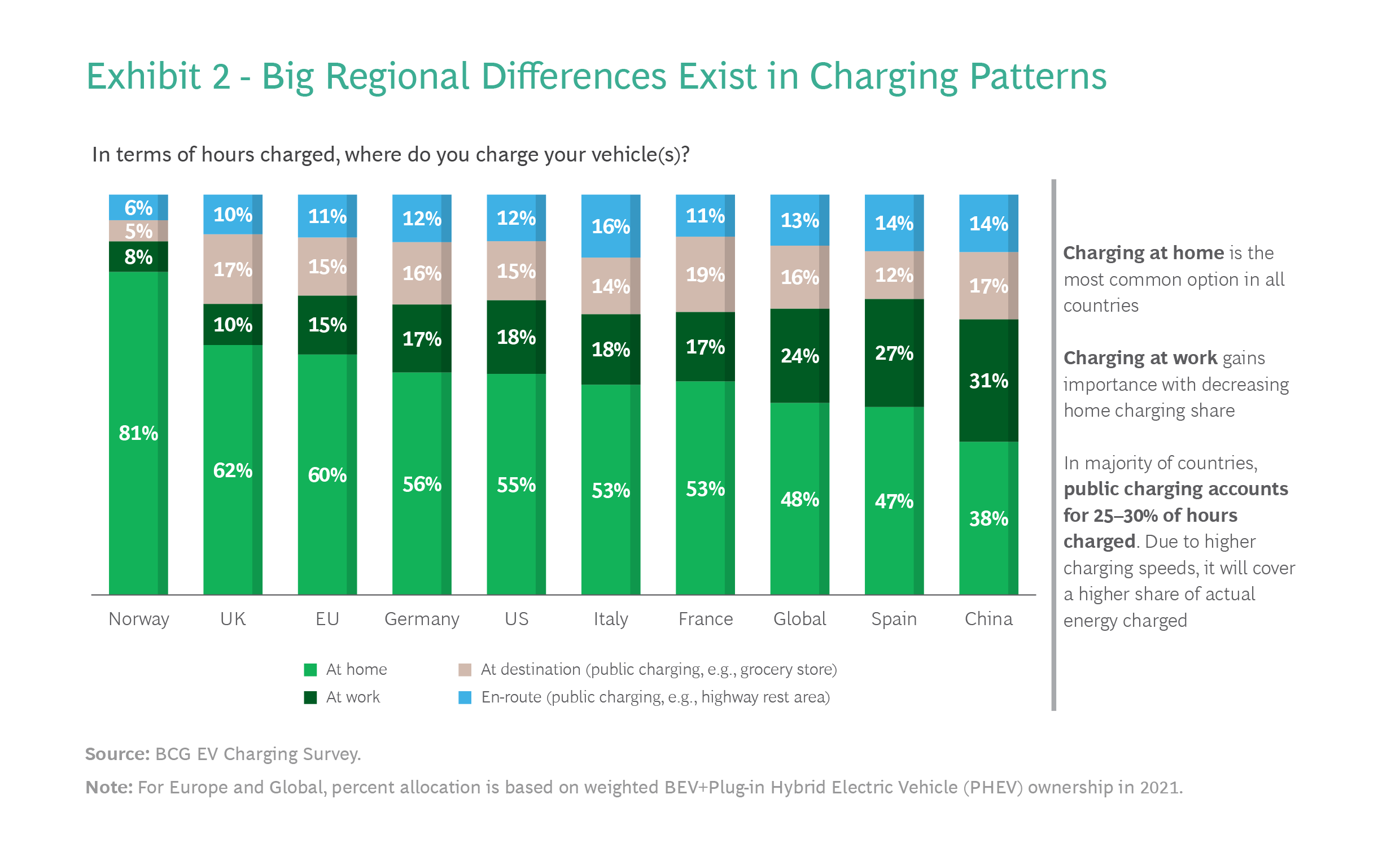What Are The Future Developments In EV Charging Technology For Malaysia?
October 16, 2023 | by Jacob Kang
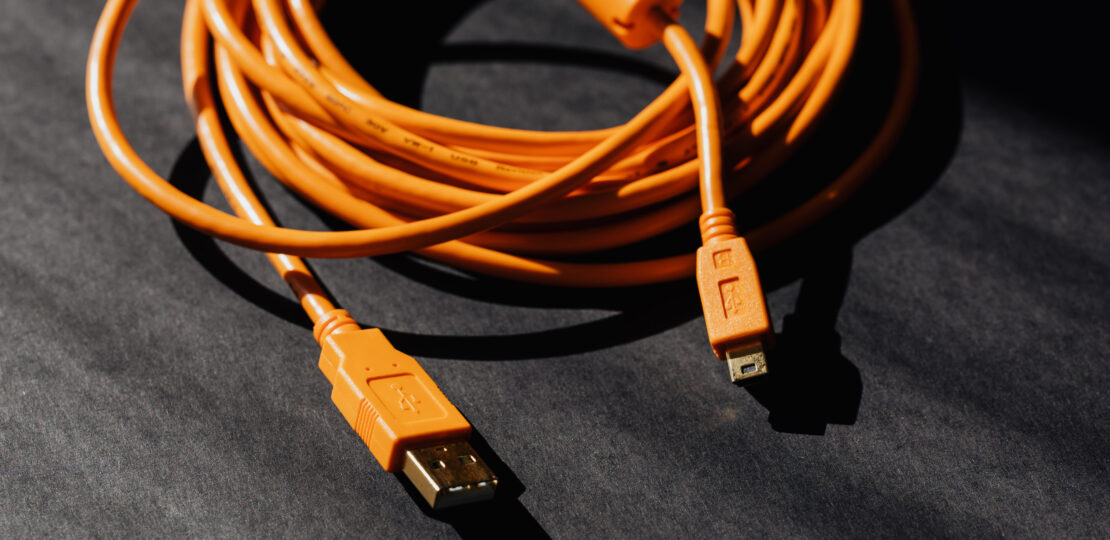
Are you curious about the future developments in EV charging technology for Malaysia? This article will provide you with insights and information on what lies ahead for electric vehicle charging in the country. As an expert in EV chargers, you will discover the latest advancements, trends, and initiatives that are shaping the future of EV charging in Malaysia. From improved charging infrastructure to innovative technologies, get ready to explore the exciting possibilities that lie ahead for electric vehicles in Malaysia.
Current State of EV Charging in Malaysia
1.1 Infrastructure
In Malaysia, the infrastructure for electric vehicle (EV) charging is still in its early stages. However, there has been a notable increase in the number of charging stations across the country in recent years. The government and private organizations are actively working towards expanding the charging infrastructure to support the growing demand for EVs.
1.2 Charging Stations
Charging stations are essential for EV owners to conveniently charge their vehicles. Currently, Malaysia has a network of both AC and DC charging stations. AC charging stations are typically found in residential areas, shopping malls, and parking lots, providing a slower charging option. On the other hand, DC charging stations, also known as fast chargers, allow for quicker charging times and are usually located at rest areas and petrol stations.
1.3 Charging Speeds
The charging speeds in Malaysia vary depending on the type of charger used. AC chargers typically have a lower charging speed, ranging from 3.6 kW to 22 kW, resulting in longer charging times. DC fast chargers, on the other hand, can provide charging speeds of up to 50 kW or even higher, significantly reducing the time needed to charge an EV. However, it is important to note that EV models have different charging capabilities, and the charging speed also depends on the specific vehicle.
Government Initiatives and Policies
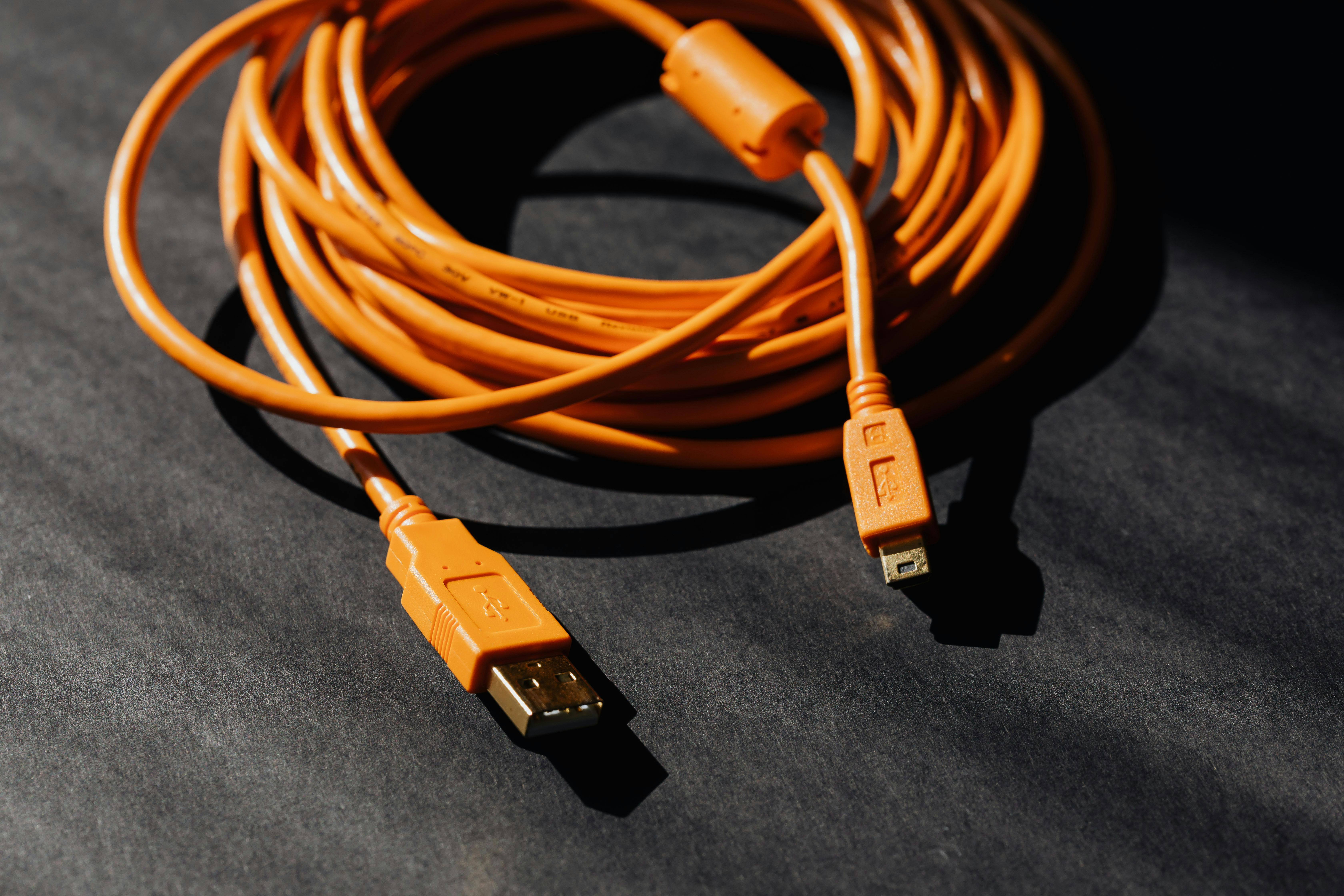
2.1 Incentives for EV Adoption
To encourage the adoption of EVs in Malaysia, the government has implemented various incentives. These incentives include tax exemptions and rebates on imported EVs, reduced road tax, and discounted electricity rates for charging EVs. Additionally, there are income tax deductions for individuals purchasing EVs and corporate tax incentives for businesses investing in EVs and charging infrastructure.
2.2 Funding for Charging Infrastructure
The government has recognized the need to invest in charging infrastructure to support the growth of EVs in Malaysia. As part of its initiatives, the government provides funding and grants to incentivize the installation of charging stations by private entities. This financial support helps reduce the cost burden on businesses and organizations interested in setting up charging infrastructure.
2.3 Regulations and Standards
To ensure the safety and reliability of EV charging, Malaysia has established regulations and standards. These include guidelines for the installation and operation of charging stations, technical standards for charging connectors and cables, and certification processes for charging equipment. The government closely collaborates with industry stakeholders to develop and update these regulations to keep up with the evolving EV charging technology.
Advancements in Charging Technologies

3.1 Fast Charging
Fast charging technology has become a crucial aspect of EV charging infrastructure. Malaysia has witnessed advancements in fast charging technology, allowing EV owners to charge their vehicles quickly and efficiently. With the introduction of higher power chargers, such as 100 kW and even 350 kW, EVs can now be charged in a matter of minutes, overcoming one of the main concerns of EV adoption – range anxiety.
3.2 Wireless Charging
Wireless charging, also known as inductive charging, is an emerging technology in the EV industry. This technology eliminates the need for physical cables and connectors, enabling EVs to charge simply by parking over a charging pad. Malaysia has shown interest in this technology, and trials and pilot projects are underway to assess its feasibility and benefits. Wireless charging provides convenience and ease of use for EV owners, making charging a seamless part of their everyday routine.
3.3 Vehicle-to-Grid Technology
Vehicle-to-Grid (V2G) technology allows EVs to not only charge but also discharge energy back to the grid. This technology enables EVs to become mobile energy storage devices, contributing to the stability of the electricity grid. Malaysia is exploring the potential of V2G technology, which can provide benefits such as peak load management, grid balancing, and emergency power supply during blackouts.
Integration with Renewable Energy Sources

4.1 Solar-Powered Charging Stations
As Malaysia aims to increase its reliance on renewable energy sources, solar-powered charging stations have gained attention. These charging stations utilize solar panels to generate electricity, making them eco-friendly and reducing dependence on the grid. Solar-powered charging stations can be strategically placed in areas with ample sunlight, ensuring a sustainable and clean energy source for EV charging.
4.2 Smart Grid Integration
Integrating EV charging infrastructure with smart grids allows for efficient energy management and load balancing. Malaysia is exploring the integration of EV charging stations with the smart grid system to optimize energy usage and minimize peak demand. This integration enables charging stations to communicate with the grid, ensuring a reliable and coordinated supply of electricity while taking advantage of renewable energy sources.
4.3 Energy Storage Systems
Energy storage systems, such as batteries, play a significant role in optimizing the utilization of renewable energy for EV charging. Malaysia is exploring the integration of energy storage systems with EV charging infrastructure to store excess energy generated from renewable sources and use it during periods of high demand. These systems help in achieving a more balanced and sustainable energy supply.
Smart Charging Solutions

5.1 Demand Response Management
Demand Response Management (DRM) is a smart charging solution that allows charging stations to adapt to the grid’s electricity demand. Malaysia is considering implementing DRM systems to optimize charging schedules, ensuring the efficient use of available electricity resources. This approach helps reduce stress on the grid during peak hours and ensures a more reliable and stable power supply.
5.2 Optimized Charging Algorithms
Optimized charging algorithms analyze various factors such as electricity prices, grid load, and charging infrastructure availability to determine the most cost-effective and efficient charging options. Malaysia is exploring the implementation of such algorithms to optimize EV charging processes. Through intelligent algorithms, EV owners can benefit from lower charging costs and reduced environmental impacts.
5.3 Smartphone Applications
Smartphone applications provide EV owners with essential information and control over their charging experience. Malaysia is witnessing the development of dedicated smartphone applications that allow users to locate nearby charging stations, check availability, and monitor charging progress. These applications also enable payment processing and remote control of charging sessions, enhancing user convenience and accessibility.
Interoperability and Standardization
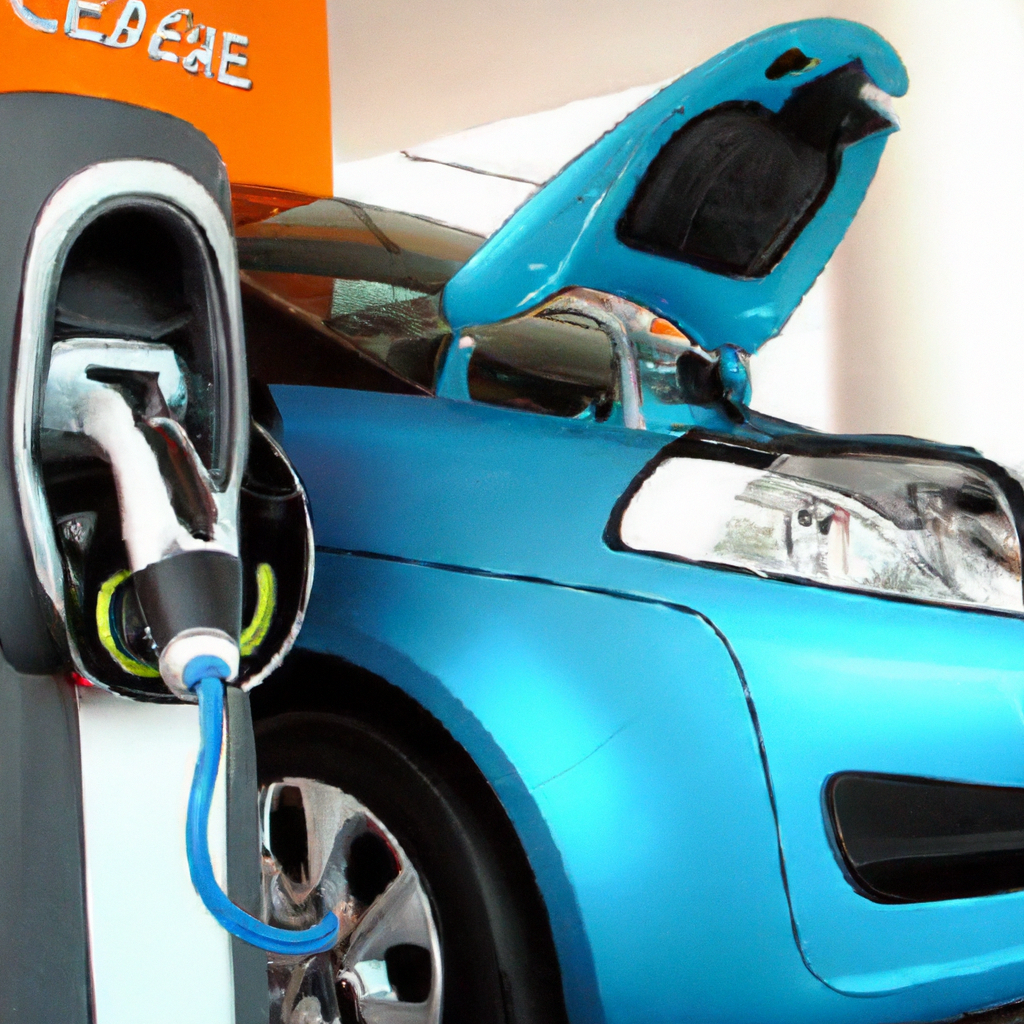
6.1 CHAdeMO
CHAdeMO is an internationally recognized charging standard for DC fast charging. Malaysia has adopted the CHAdeMO standard, ensuring compatibility and interoperability among various EV models and charging equipment. This standardization allows EV owners to access a wide range of charging stations across the country, fostering a seamless and hassle-free charging experience.
6.2 CCS
Combined Charging System (CCS) is another widely accepted charging standard that supports both AC and DC charging. Malaysia has also embraced CCS as a standard, promoting compatibility among different EV models and charging infrastructure. The adoption of CCS ensures a harmonized charging ecosystem and facilitates the growth of EV adoption.
6.3 AC and DC Charging Standards
Apart from the standardized fast charging standards, Malaysia also follows AC charging standards, such as Type 2 and Type 3 connectors. These standards allow for interoperability between EVs and AC charging infrastructure, ensuring a consistent and reliable charging experience for EV owners across the country.
Battery Technology and Charging Efficiency
7.1 Lithium-ion Batteries
Lithium-ion batteries are the most commonly used batteries in EVs due to their high energy density and long lifespan. Malaysia is actively involved in research and development of advanced lithium-ion battery technologies to enhance the charging efficiency and overall performance of EVs. These advancements aim to increase energy storage capacity, reduce charging times, and improve the overall driving range of EVs.
7.2 Solid-State Batteries
Solid-state batteries are considered the next generation of battery technology for EVs. These batteries offer higher energy density, faster charging times, and improved safety compared to traditional lithium-ion batteries. Malaysia is investing in research and development of solid-state batteries to revolutionize the EV industry and bring about significant improvements in charging efficiency and overall driving experience.
7.3 Ultra-Fast Charging
Ultra-fast charging technology is being developed to reduce charging times significantly. Malaysia is witnessing advancements in this technology, with research and development focused on increasing charging speeds while maintaining the safety and longevity of batteries. The ability to charge an EV rapidly opens up new possibilities for long-distance travel and further promotes the adoption of EVs in Malaysia.
Expansion of Charging Infrastructure
8.1 Increase in Charging Stations
To meet the growing demand for EV charging, Malaysia is actively expanding its charging infrastructure by increasing the number of charging stations across the country. This expansion involves collaborating with private entities, property developers, and local governments to ensure widespread access to charging stations in urban areas, highways, and other key locations.
8.2 Charging Stations in Public Areas
As part of the effort to make charging more accessible, Malaysia is focusing on installing charging stations in public areas such as shopping malls, parking lots, and commercial complexes. This approach ensures that EV owners can conveniently charge their vehicles while carrying out daily activities, eliminating range anxiety and promoting the adoption of EVs.
8.3 Development of Charging Networks
To enhance the connectivity of charging stations and create a reliable charging network throughout Malaysia, efforts are underway to establish partnerships and collaborations between charging infrastructure operators. These collaborations aim to provide seamless charging experiences across different regions and facilitate long-distance travel for EV owners.
Cost Reduction and Affordability
9.1 Lowering Charging Equipment Costs
Malaysia recognizes the importance of cost reduction in EV charging equipment to make EV ownership more affordable. The government, in collaboration with industry stakeholders, is working on measures to reduce the cost of charging stations and related infrastructure components. These efforts aim to lower the barriers for businesses and individuals to invest in EV charging infrastructure.
9.2 Decreasing Charging Time
Efforts are underway to develop technologies that reduce charging times while maintaining the safety and efficiency of the charging process. Malaysia is actively investing in research and development to improve charging speeds, allowing EV owners to spend less time waiting for their vehicles to charge. Faster charging times increase the convenience and usability of EVs, further promoting their adoption.
9.3 Government Subsidies
To make EV ownership more affordable for Malaysians, the government provides subsidies and financial incentives. These subsidies aim to lower the upfront costs of purchasing EVs and incentivize consumers to switch to electric vehicles. In addition to vehicle subsidies, the government also offers subsidies for installing charging infrastructure, making it more economically viable for businesses and organizations.
Future Trends and Possibilities
10.1 Inductive Charging
Inductive charging technology, also known as wireless charging, is expected to gain traction in the future of EV charging. Malaysia is exploring the possibilities of implementing inductive charging systems to provide hassle-free and convenient charging experiences for EV owners. The ability to charge vehicles simply by parking over a charging pad eliminates the need for physical connectors and simplifies the charging process.
10.2 Battery Swapping Stations
Battery swapping stations offer an alternative to traditional charging methods by allowing EV owners to exchange their depleted batteries for fully charged ones. Malaysia is considering the potential of battery swapping stations to address concerns related to lengthy charging times and limited charging infrastructure. These stations can provide a quick and efficient charging solution, particularly for commercial and public transportation fleets.
10.3 Autonomous Charging
Advancements in autonomous driving technology present the possibility of EVs autonomously navigating to charging stations without human intervention. Malaysia is closely monitoring the development of autonomous charging technologies, which could greatly enhance the convenience and efficiency of EV charging. Autonomous charging can maximize the utilization of charging infrastructure and streamline the charging process for EV owners.
In conclusion, Malaysia is actively embracing advancements in EV charging technologies to support the growing adoption of electric vehicles. The government’s initiatives, along with ongoing research and development, demonstrate a commitment to creating a sustainable and efficient charging ecosystem. As Malaysia continues to invest in charging infrastructure, integrate renewable energy sources, and explore smart charging solutions, the future of EV charging looks promising, offering increased affordability, convenience, and environmental sustainability.
RELATED POSTS
View all
